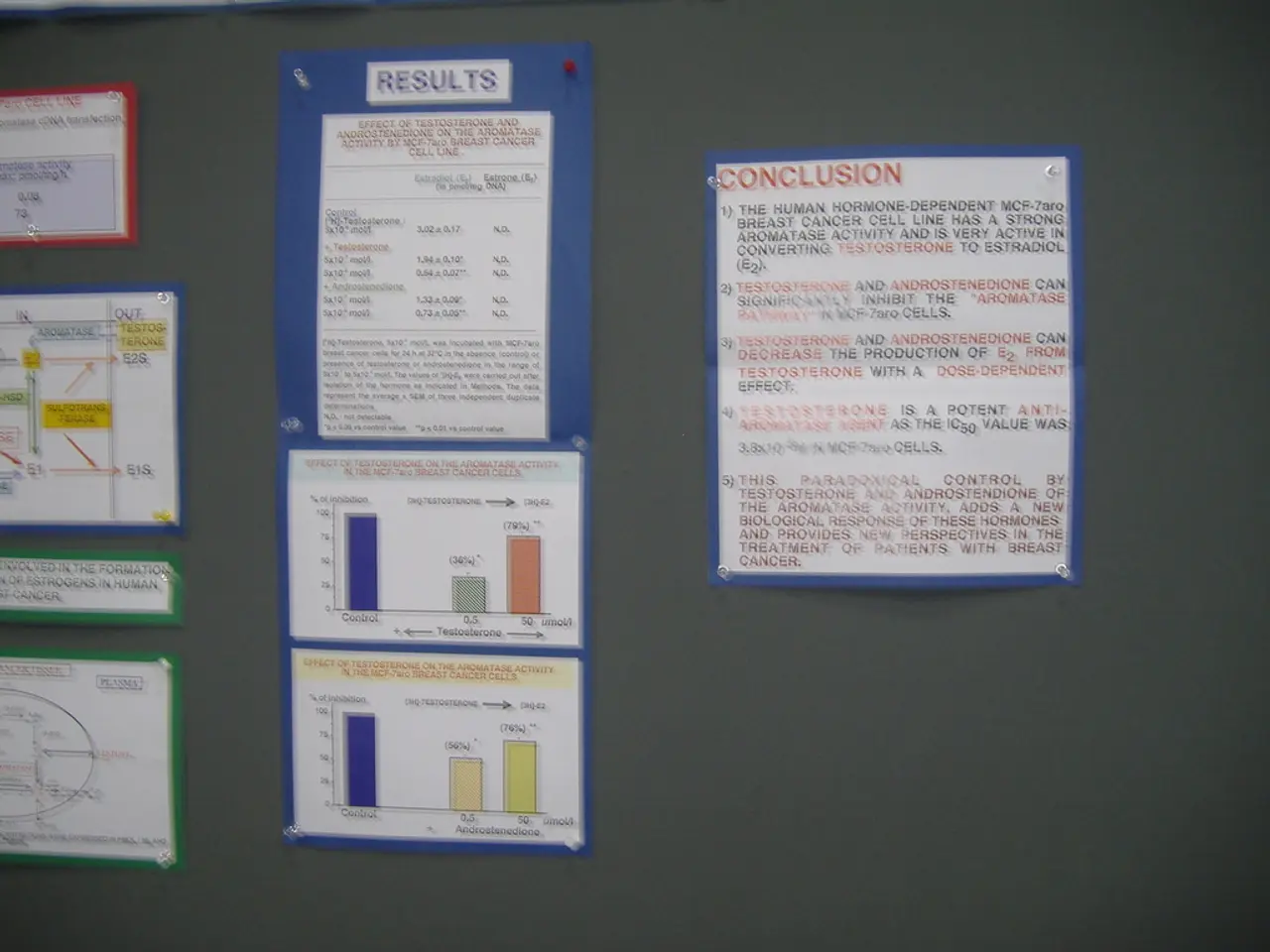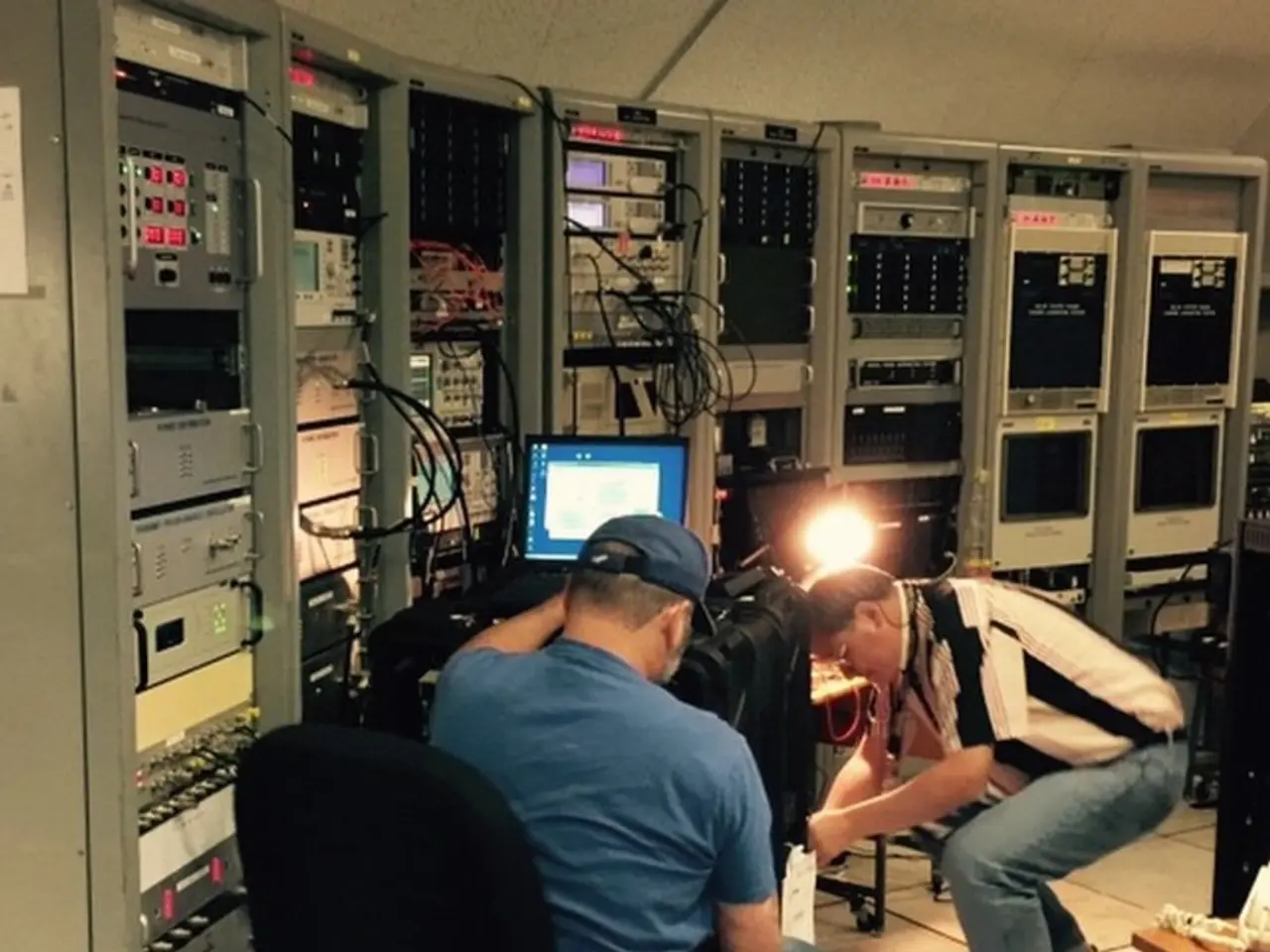Educational Conduct, Repercussions, and Disciplinary Measures
In the educational community of Oberlin College, students who are found responsible for violating the college's conduct rules may face various status sanctions. These sanctions range from the least severe, such as a written warning, to the most severe, like dismissal.
The least severe status sanctions include a written warning and Deferred Probation. Deferred Probation is a type of sanction that allows the student to continue their studies under certain conditions, with the possibility of the sanction being lifted if those conditions are met.
A more severe status sanction is Suspension, which means the student is temporarily excluded from the college. During this time, the student is not permitted to attend classes, live on campus, or participate in college activities.
Another severe status sanction is Probation, which is a formal warning that a student's behaviour must improve. A student on probation can apply for a status reduction via the Probation Adjustment Application.
Educational sanctions are also part of the Oberlin Student Conduct System. These sanctions aim to educate students about their actions and their impact on the community. Examples of educational sanctions include Alcohol or Other Drug Online Workshop, Counseling Sessions, Research Papers, Educational Bulletin Boards for Residential Education, and Reflective Papers.
Additional sanctions can be restorative in nature, such as Letters of Apology, Community Workshops or Service, and Restitution. These sanctions aim to repair any harm caused by the student's actions.
It's important to note that status sanctions are assigned based on the seriousness of the infraction and a student's prior conduct history. The Oberlin Student Conduct System is educational in nature, with the goal of fostering personal growth and responsibility among students.
For detailed information about the Probation Adjustment Application, the Probation Adjustment Application process, or Oberlin College’s conduct records policies, it is best to consult Oberlin College’s official student conduct resources, such as their website's Student Conduct or Dean of Students section, or contact their Student Conduct Office directly.
For queries about fees and services related to the Probation Adjustment Application, you can contact a hearing officer or Associate Dean of Students Thom Julian. Administrative costs can lead to fees for some educational sanctions.
If you require assistance in drafting an inquiry or guide on what to look for on their official channels, feel free to ask.
Education and self-development are essential aspects of the Oberlin Student Conduct System. The system offers educational sanctions as a means to inform students about their actions and their impact on the community. These sanctions include Alcohol or Other Drug Online Workshop, Counseling Sessions, Research Papers, Educational Bulletin Boards for Residential Education, and Reflective Papers, aiming to promote personal growth and responsibility among students.




